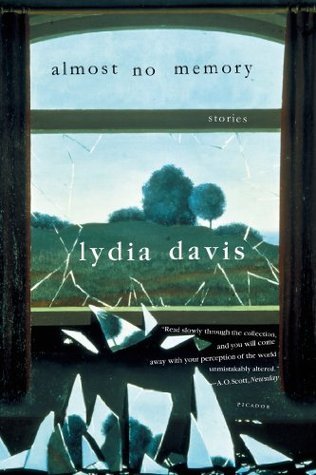What do you think?
Rate this book


220 pages, Kindle Edition
First published January 1, 1997
To WesterasOn the “tour” Royston must deal with suffocating heat and almost unbearable cold, with sickness, hunger (being at times barely able to eat some of the victuals he can procure), and on occasion the perfidy of people he meets. The longest “chapter” is the last one, a three page recounting of the end: The End of the Tour: Shipwreck.
In Upsala he visited the Cathedral and found there a man who could speak Latin very fluently. The Rector Magnificus was not at home. He was detained some time in a forest of fir and birch by the axletree breaking. In general, he is annoyed by having to find separate lodgings for himself and his horses in each town.
His Swedish has made the most terrible havoc with the little German he knows.
In Abo
He understands there is a gloom over the Russian court.
St. Petersburg: Rubbers of Whist
The immense forests of fir strike the imagination at first but then become tedious from their excessive uniformity. He has eaten partridges and a cock of the woods. As he advances in Russian Finland he finds everything getting more and more Russian: the churches begin to be ornamented with gilt domes and the number of persons wearing beards continues to increase. A postmaster addresses him in Latin but in spite of that is not very civil …
He is bored by the society of the people of St. Petersburg, where he plays rubbers of whist without any amusing conversation …


14
I was an unlikely person to invite to this party, and no one is talking to me. I believe the invitation was for someone else.
All day the clock answers my questions about the time very well, and so, wondering what the title of that book was, I look at the face of the clock for an answer.
Because it is almost the end of the day, I think it is almost the end of the week.
That was such a peculiar thing to say to me, I do not believe it was said to me.
I had such trouble finding this place, I believe I did not find it. I am talking to the person I came here to meet, but I believe he is still alone, waiting for me.
She changes this thing in the house to annoy the other, and the other is annoyed and changes it back, and she changes this other thing in the house to annoy the other, and the other is annoyed and changes it back, and then she tells all this the way it happens to some others and they think it is funny, but the other hears it and does not think it is funny, but can’t change it back.
He said she was disagreeing with him. She said no, that was not true, he was disagreeing with her. This was about the screen door. That it should not be left open was her idea, because of the flies; his was that it could be left open first thing in the morning, when there were no flies on the deck. Anyway, he said, most of the flies came from other parts of the building: in fact, he was probably letting more of them out than in.
An outburst of anger near the road, a refusal to speak on the path, a silence in the pine woods, a silence across the old railroad bridge, an attempt to be friendly in the water, a refusal to end the argument on the flat stones, a cry of anger on the steep bank of dirt, a weeping among the bushes.
Often I think that his idea of what we should do is wrong, and my idea is right. Yet I know that he has often been right before, when I was wrong. And so I let him make his wrong decision, telling myself, though I can't believe it, that his wrong decision may actually be right. And then later it turns out, as it often has before, that his decision was the right one, after all. Or rather, his decision was still wrong, but wrong for circumstances different from the circumstances as they actually were, while it was right for circumstances I clearly did not understand.
A man has been making deliveries in the garment district for years now: every morning he takes the same garments on a moving rack through the streets to a shop and every evening takes them back again to the warehouse. This happens because there is a dispute between the shop and the warehouse which cannot be settled: the shop denies it ever ordered the clothes, which are badly made and of cheap material and by now years out of style; while the warehouse will not take responsibility because the clothes cannot be returned to the wholesalers, who have no use for them. To the man all this is nothing. They are not his clothes, he is paid for this work, and he intends to leave the company soon, though the right moment has not yet come.
We would walk, and return with burrs in our socks and scratches on our legs and arms where we had pushed through the brambles to get up into the forest, and go out again the next day and walk, and the dogs always trusted that we were setting out in a certain direction for a reason, and then returning home for a reason, but in the forest, which seemed so endless, there was hardly a distinguishing feature that could be taken as a destination for a walk, and we were simply walking, watching the sameness pass on both sides, the thorny, scrubby oaks growing densely together along the dusty track that ran quite straight until it came to a gentle bend and perhaps a slight rise and then ran straight again.
If we came home by an unfamiliar route, skirting the forest, avoiding a deeply furrowed, overgrown field and then stepping into the edge of a reedy marsh, veering close to a farmyard, where a farmer in blue and his wife in red were doing chores trailed by their dog, we felt so changed ourselves that we were surprised nothing about home had changed: for a moment the placidity of the house and yard nearly persuaded us we had not even left.